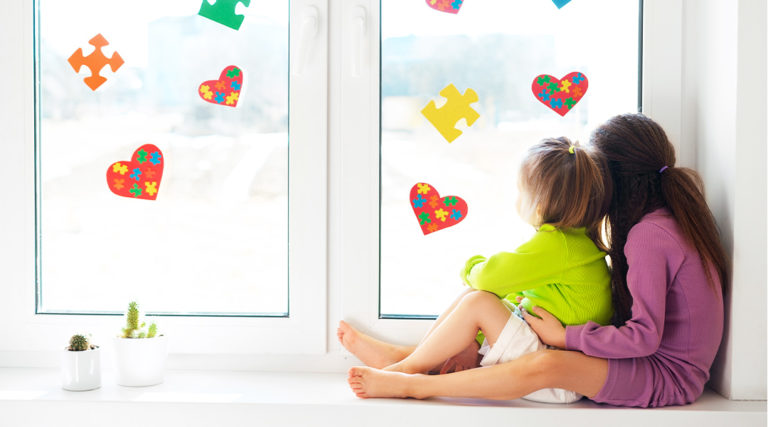Kids
Autism: In The Eyes of A Child And Now, An Adult
Even children have their own views of what autism is.
Born and growing up during the 90s, there wasn’t much research done about autism especially here in the Philippines. A lot of parents just thought it was some mystical thing and if their kids did get it, it was some sort of “death sentence”. Parents believed back then that if their children had autism, they no longer had a future. They would become a “shame” to the family. The stigma was so strong that even schools would immediately turn down kids who were diagnosed so parents often had to cry and beg so that their kids would get accepted. As a kid, I didn’t understand why. As an adult, however, I realized that we — the society in general — should have been more patient in trying to understand them.

Growing Up With Someone Who Was Autistic
While I don’t remember when exactly my family relative was diagnosed with autism (now known as ASD), I do remember that he was much different from my other relatives. He was repetitive, always talking about different kinds of military aircraft, missiles, gemstones, or his latest favorite cartoon character. Speech-wise, his sentences were a little slower than most and as a kid, it annoyed me to wait for him to finish his statement. It didn’t help that sometimes, he would repeat what he said several times. Because of this, unfortunately, all my cousins and I shared the same sentiment at that time: he wasn’t someone we wanted to play with because it was just too confusing for a kid and nobody really taught us how to handle him.
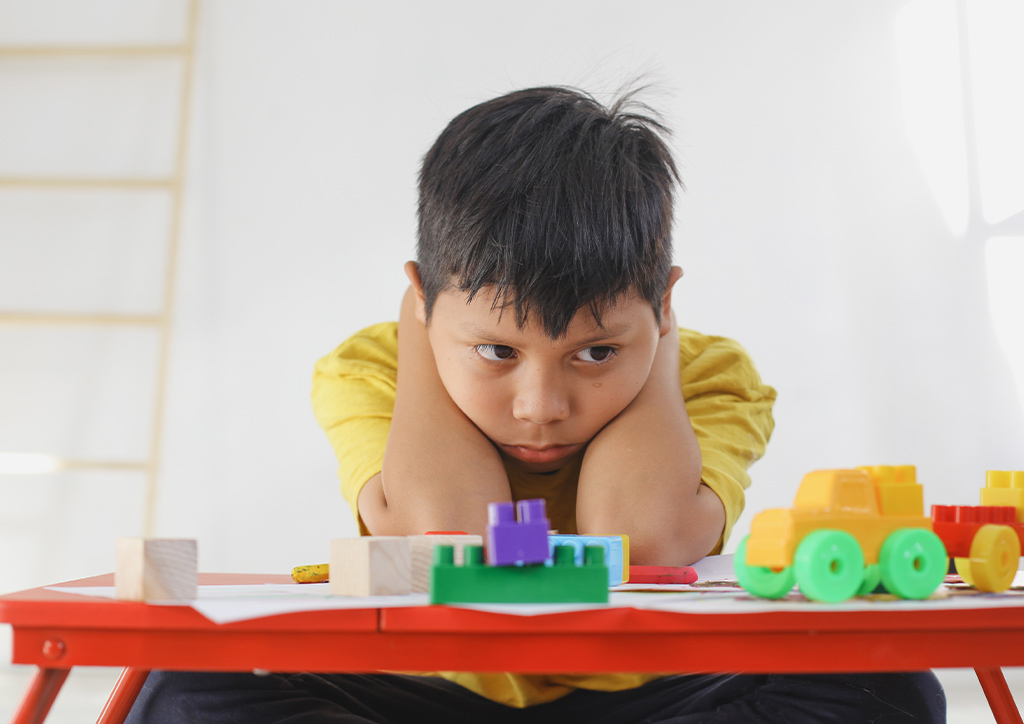
His emotions were quite bipolar; it was the 1 or 100 kind. Not to mention WWE was all the rage with boys. Wrestling was the main play of choice. Me being the bigger kid allowed me to fight toe-to-toe with the older boys. But nothing prepared me to handle someone who didn’t recognize the signs of when to stop. A part of me knew it wasn’t out of malice but boy did my parents fly off the handle when they saw him bite me because I wanted the blue Crayola-shaped candle on the chocolate cake. Looking back, I realized that there was only one feeling and question in my 8-year-old mind. A confused one that asked, “Wait, kids bite?”
Yes, 8-year-old Kevyn. Yes, they do.
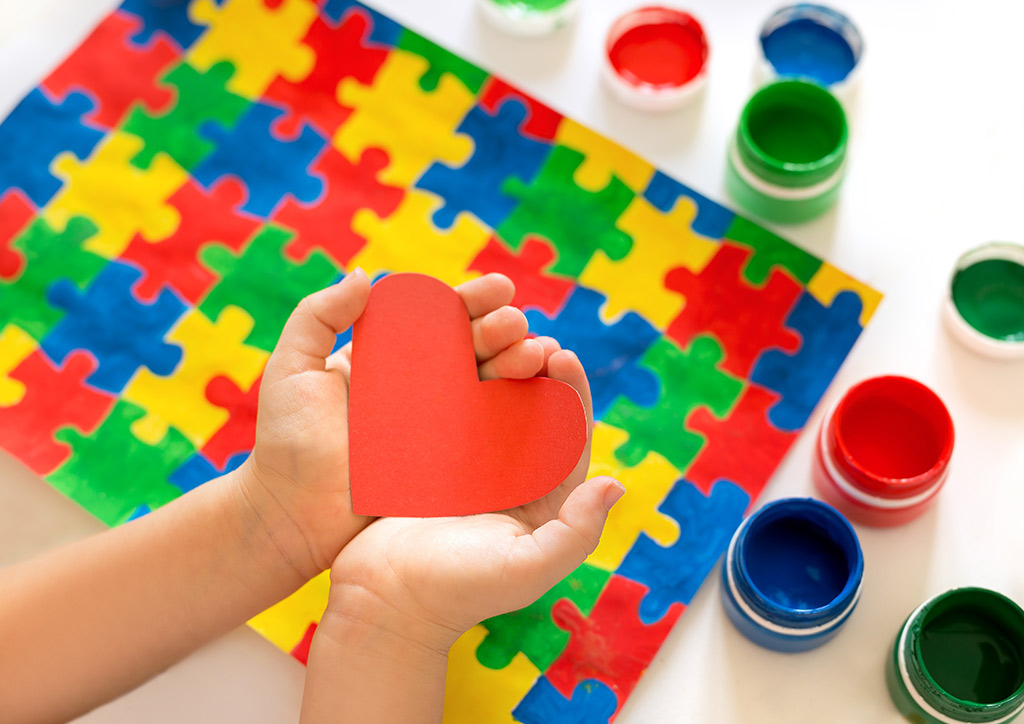
The Dialogue About Autism Among The Grown-Ups
Support groups for parents with children with autism were scarce way back then. So, these parents’ confusion, fear, depression, and anger had nowhere to go. Those who didn’t have any support groups often tried to find the same symptoms (i.e. not wanting to sit down, lack of emotional control, no eye contact) in other kids. Perhaps back then, it was their way of trying to make sense of why their kid just had to be born with ASD.
Understanding Autism As An Adult
Today, a lot more research has been done on autism and children but many are still quite far off. Developmental Psychology still has a lot of ground to cover, even here in the Philippines. Teachers still need training and parents need more support groups and help. So as Autism Awareness Month comes to a close, here are little notes that I would like to share with you as a former teacher and clinical assistant:
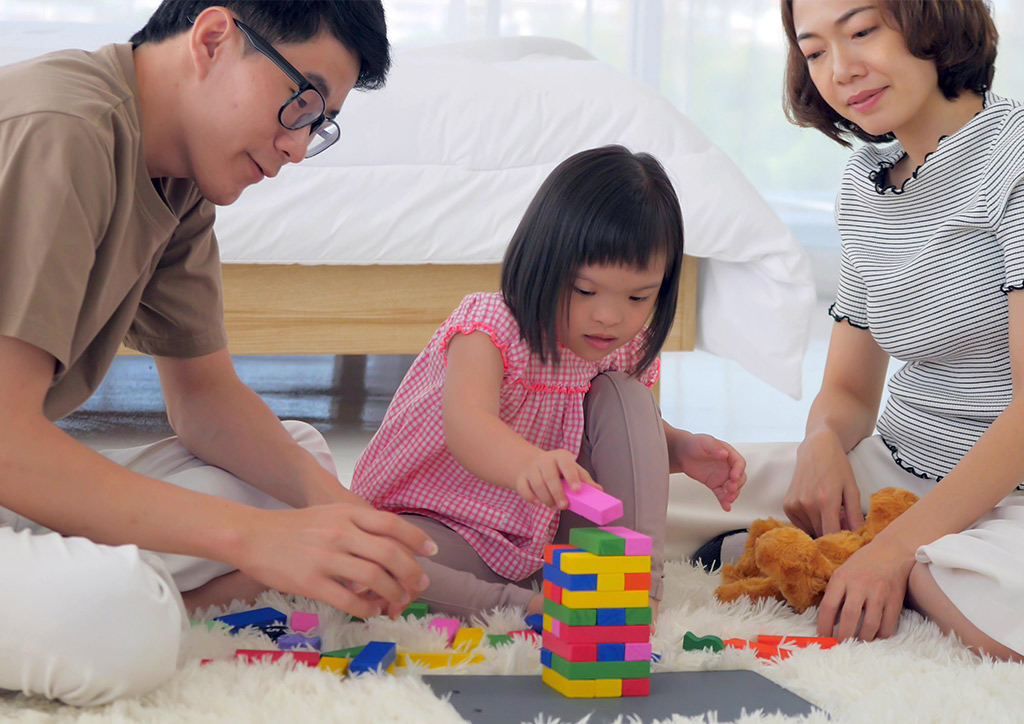
1. Your child being born with autism (or ASD) is NOT your or your partner’s fault.
There’s always that feeling of guilt and blame as you wonder how your child developed autism. But the truth is, nobody knows why or how kids develop autism. All we know is that it’s caused by some weird chemical reaction between genetic material. Those things have been unpredictable for years. You have no control over that part of the genetic roulette.
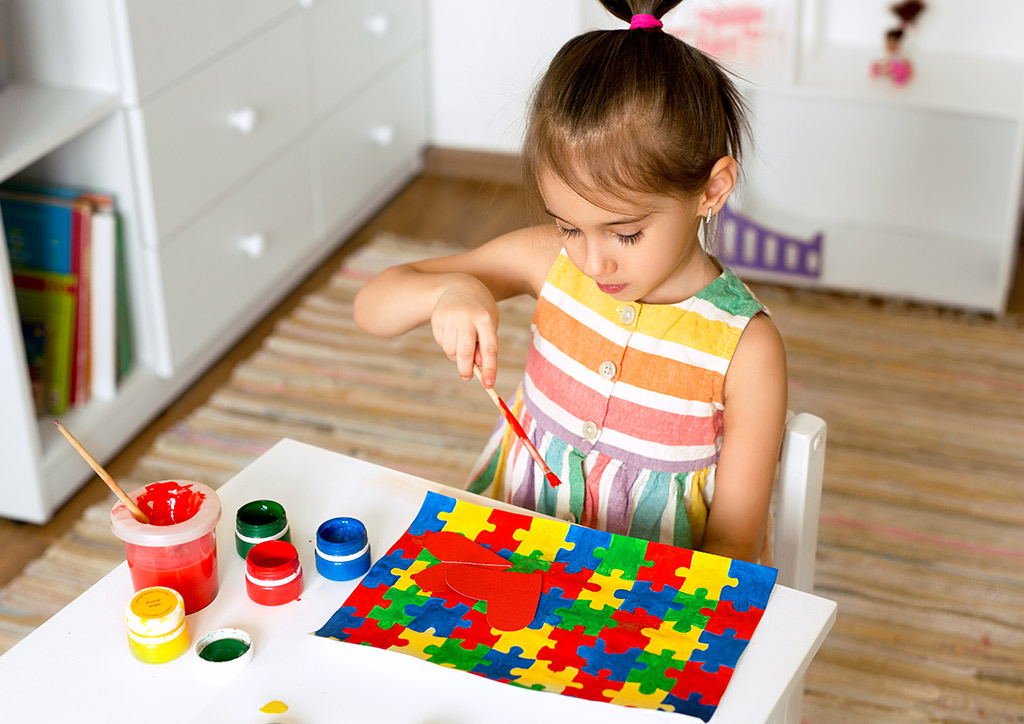
2. It’s scary but children with autism can still lead full lives.
A lot of people think that children with autism have no future. But the truth is, what they lack in social skills, they make up with executive function. There was a guy in Ateneo named Patrick, diagnosed with severe autism. His mom even described to me once that “the world was dead to him”. But this same guy was also known as a “Quatro Kid” in Ateneo. Meaning, he always got straight 4’s which was equivalent to an “A” in Ateneo. He was an Economics major last I checked.
Last I heard, he’s working in stocks. He has a life coach to help him with the socials but that’s just about it.
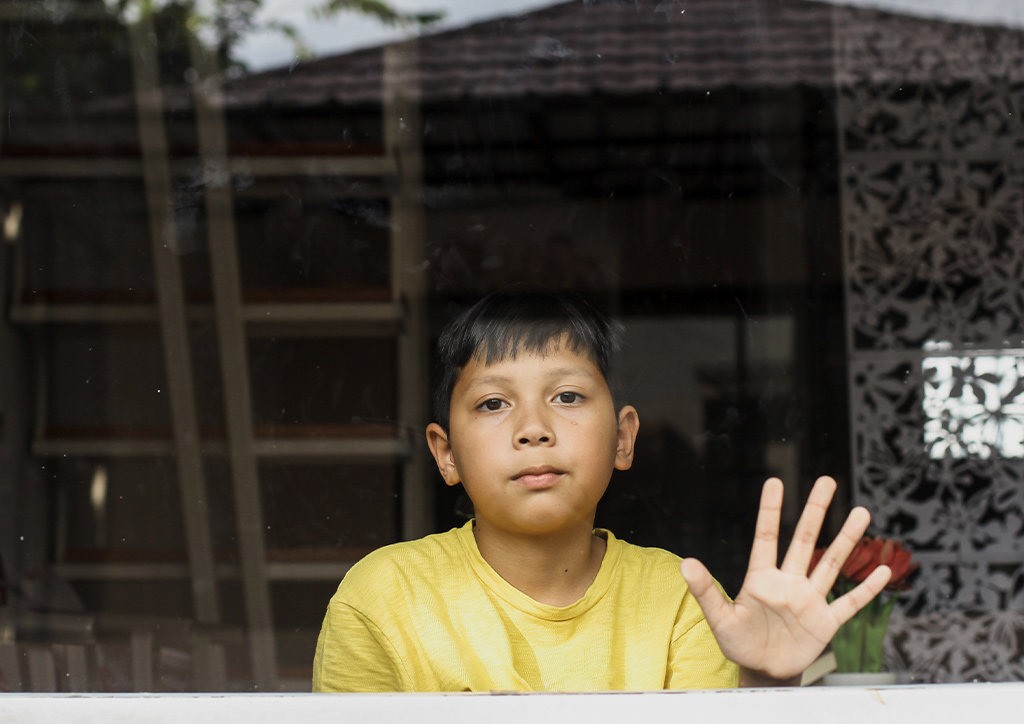
3. Children with autism will know that some people prefer avoiding them.
The heartbreaking part is that children with autism know that people avoid them yet, they don’t know why. It hurt when my cousin with autism once told my dad during a family dinner, “I like cousin Kevyn. She talks to me.”
Simple as the statement was, it hurt big time because it made me realize, “Damn, he knows that people don’t like talking to him.” It’s also the reason why children with autism sometimes get diagnosed with anxiety or depression in their later years when social interaction has a heavier weight.
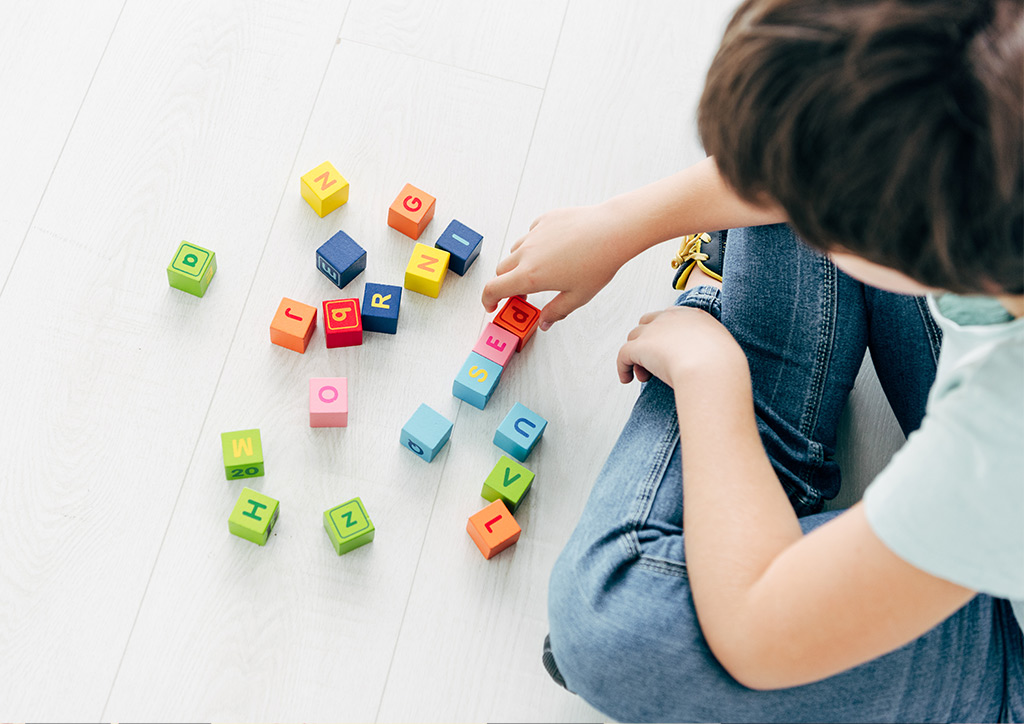
4. They have a personal brand of brilliance.
A lot are still confused about how their minds work but one thing’s for sure: there will be one thing they are so good at that it’s absolutely surreal. Over the years, studies have shown that it’s their difficulty to process things that are abstract or non-verbal that makes them stand out. In exchange for that, they become so talented in one thing that if recognized, they gain a new title: Savant.
A Savant is someone who is so amazingly talented in that one thing but, their social skills are quite down the drain.
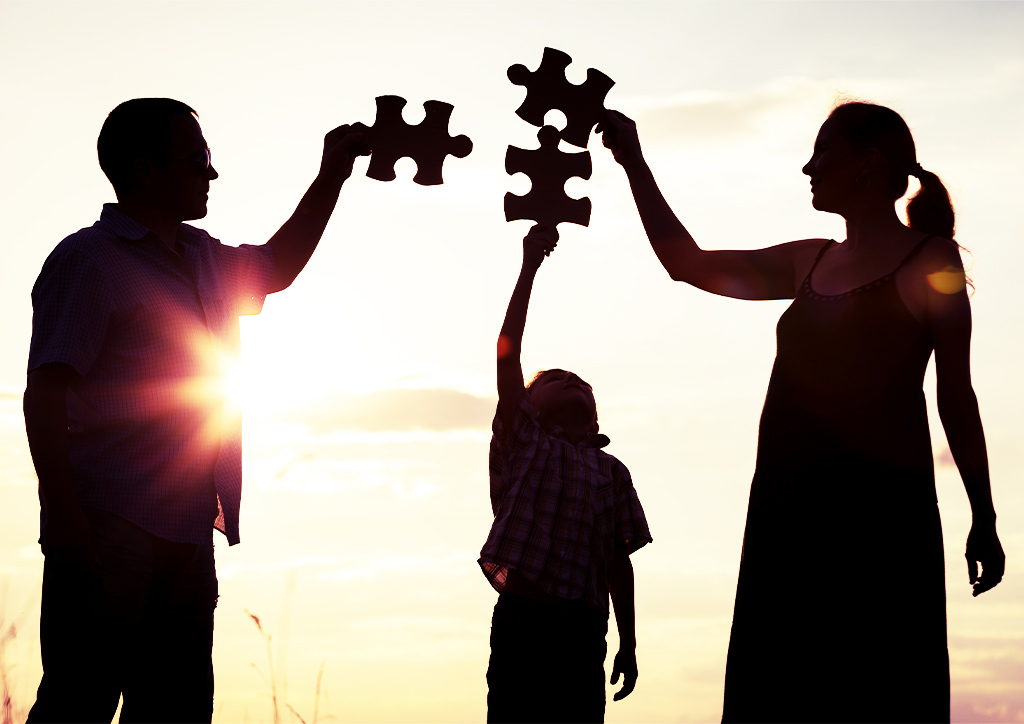
5. “You’re not alone in parenting.”
A lot of times, moms can feel that they’re alone in raising their kids because that’s how society has dictated it would be. But that isn’t true. It may take a while to admit to one’s partner but, they’re the one other person in this world that sees what you may be going through. Trust us when we say, it’s a long journey but it’s one you won’t be doing alone.
More stories about kids with autism? Here are some!
Former Wowowin Host Herlene Budol Wants to be a Spokesperson for Autism Awareness
Autism Awareness: 3 Celebrities Who Have Been Open About Family Members with Autism
Aubrey Miles and Troy Montero Open Up About Their Daughter’s ASD Diagnosis
